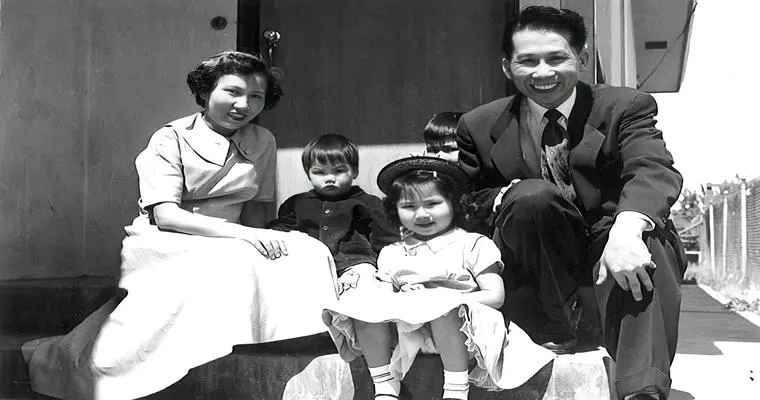Coping with a "decrease in ability" in your loved one (LO) can be a challenging and emotional journey. Whether this change is due to aging, illness, or other factors, it can significantly impact your relationship and daily life. Understanding how to navigate this situation is essential for both your well-being and that of your LO. In this article, we will explore effective strategies to help you adjust to your LO's changing abilities while maintaining a supportive and caring environment.
Recognizing the Signs
The first step in adjusting to your LO's decrease in ability is recognizing the signs. These may include changes in mobility, communication difficulties, or a decline in cognitive functions. Being observant can help you identify the specific areas where your LO may need assistance. Acknowledging these changes is crucial, as it allows you to provide the right support and make necessary adjustments in your daily routines.
Open Communication
Maintaining open communication with your LO is vital. Discussing their feelings and experiences can provide insight into their needs and fears. Encourage them to express their thoughts about their abilities and the changes they are experiencing. This dialogue can foster understanding and help you both navigate this transition together. Remember, being a good listener is just as important as offering advice.
Seeking Professional Help
Sometimes, the changes in your LO's abilities may require professional intervention. Consult with healthcare providers, therapists, or social workers who specialize in geriatric care or disability support. They can offer valuable resources and strategies tailored to your LO's specific needs. Professional guidance can also help you manage the emotional aspects of caregiving, ensuring that you do not feel overwhelmed.
Adapting the Environment
Creating a safe and supportive environment is essential when dealing with a decrease in ability. Make necessary modifications to your home to accommodate your LO's needs. This could involve removing obstacles, installing grab bars, or ensuring that essential items are within easy reach. A well-adapted environment can boost your LO's confidence and independence while reducing the risk of accidents.
Encouraging Independence
While it may be tempting to take over tasks for your LO, it is important to encourage "independence" as much as possible. Focus on their strengths and help them engage in activities they can still enjoy. This could include simple tasks like cooking or gardening, which can provide a sense of accomplishment. By promoting independence, you can help your LO maintain dignity and self-esteem during this challenging time.
Building a Support Network
No one should navigate this journey alone. Building a support network of family members, friends, and local community resources can make a significant difference. Share your experiences and feelings with others who understand your situation. This network can offer practical assistance, emotional support, and valuable advice, helping you cope with the challenges of caregiving.
Practicing Self-Care
Caring for someone with a decrease in ability can be emotionally and physically taxing. It is essential to prioritize your own well-being through regular "self-care" practices. Engage in activities that rejuvenate you, whether it be exercise, hobbies, or simply taking time to relax. Remember, taking care of yourself enables you to be a better caregiver for your LO.
Conclusion
Adjusting to your LO's decrease in ability is a complex and emotional process, but it is also an opportunity for growth and deeper connection. By recognizing the signs, maintaining open communication, seeking professional help, adapting the environment, encouraging independence, building a support network, and practicing self-care, you can navigate this transition with compassion and understanding. Remember, you are not alone in this journey, and there are resources available to assist you every step of the way.





